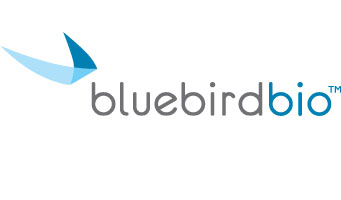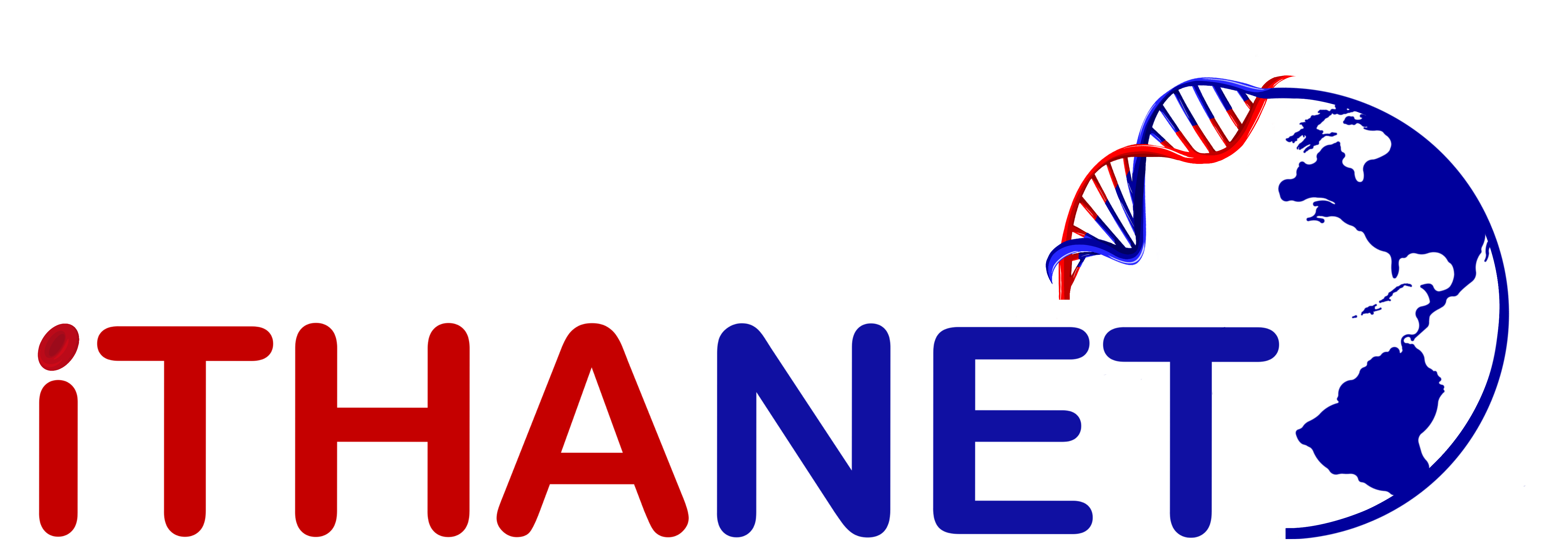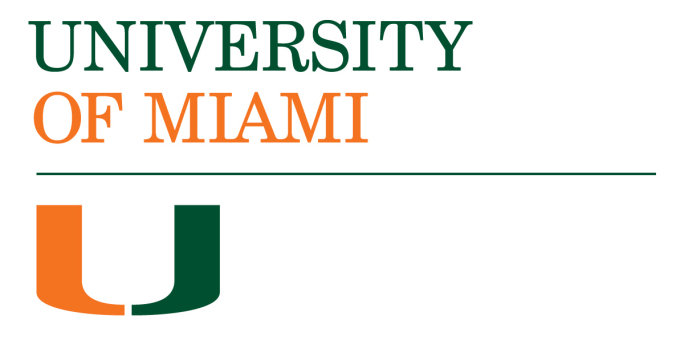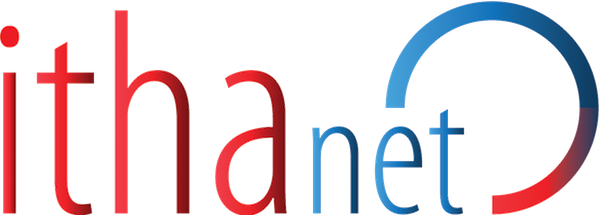
Bluebird Bio today announced that the first subject with beta-thalassemia major has been enrolled in its phase 1/2 HGB-205 study in France and has undergone infusion with bluebird bio’s LentiGlobin drug product in an autologous hematopoietic stem cell transplantation.
“We believe gene therapy represents a potentially new and exciting treatment option for patients with severe forms of beta-thalassemia and sickle cell disease,” stated Marina Cavazzana, MD, Professor of Medicine at Paris Descartes University and Research Director at the Centre for Clinical Research in Biotherapy, Necker Hospital, Paris France. “The beta-hemoglobinopathies are the most prevalent inherited disorders worldwide, and they result in substantial morbidity and mortality. The HGB-205 study builds on early and encouraging clinical data from the LG001 study based on the pioneering work of Professor Philippe Leboulch and colleagues at the Universities of Paris and Harvard, Inserm and the French Atomic Energy and Alternative Energies Commission (CEA) research center in Paris.” "It is very gratifying for our research, manufacturing and development teams to see their efforts to improve the potency and scalability of our product platform finally reach the clinic for patients with this life threatening disease. This milestone brings us closer towards realizing our vision of making hope a reality for patients with limited therapeutic options,” stated Dave Davidson, MD, bluebird bio’s Chief Medical Officer.
More information: Bluebird Bio Website, Press Release




